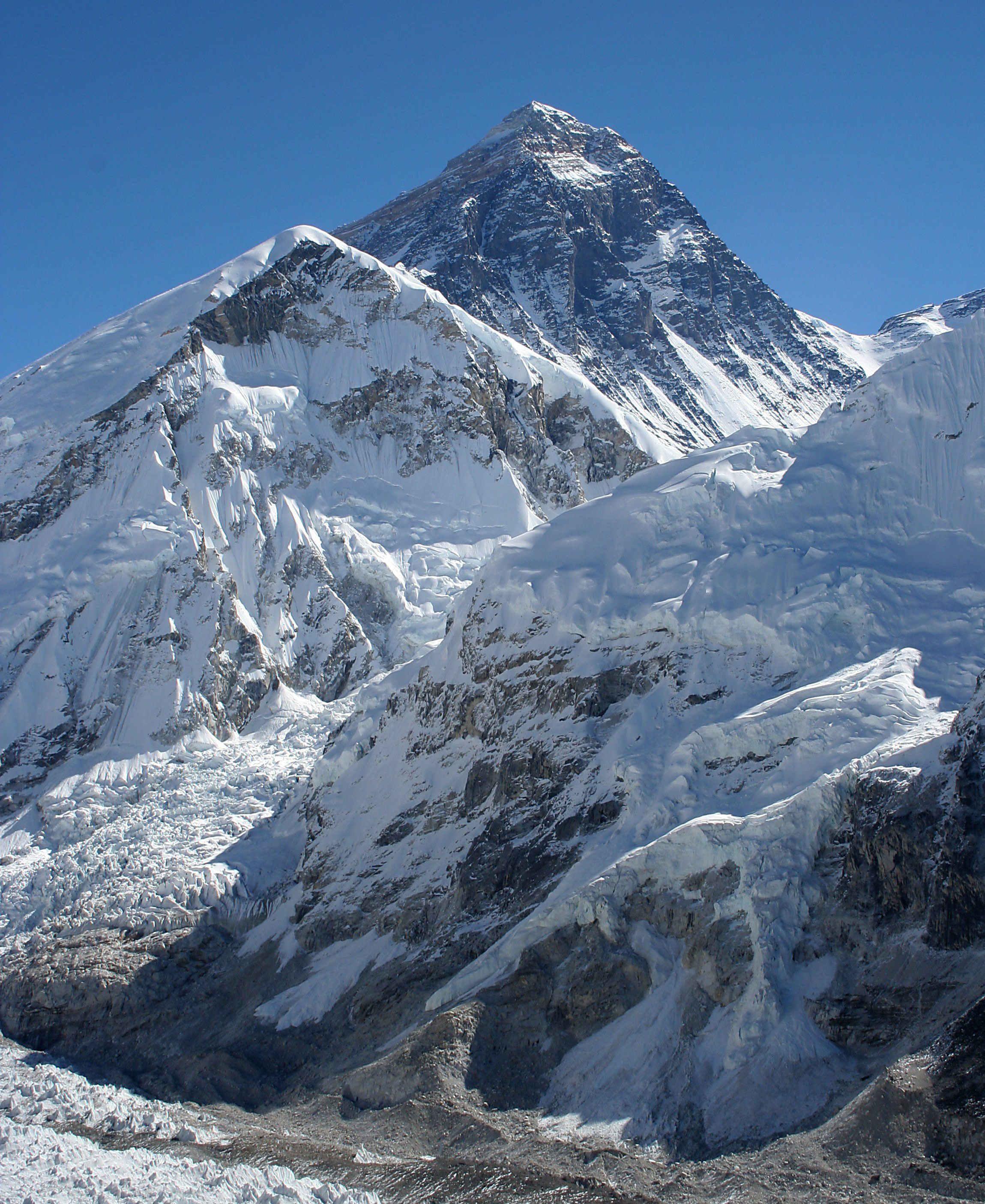In May of 2006, British mountaineer David Sharp died while climbing alone on Mt. Everest. He was approximately 450 meters below the summit and the exact details of what went wrong are unknown to this day. But what is known is that while he lay there in the snow, just off the main path on Everest's North Side, roughly 40 climbers passed him on their way to the top. No one stopped to render aid or tried to conduct a rescue, and the 34-year old perished while others went up to celebrate their successful summits.
The incident resulted in quite a backlash within the mountaineering community which still resonates to this day. Some were critical of the fact that no team even attempted to bring Sharp, who was suffering from exposure and altitude sickness, down the mountain, and a number of high profile figures on Everest were lambasted for leaving David to die. Those involved more directly in the controversy claim that there was confusion over the Sharp's health and status, and communications over what to do for him were unclear as well.
It didn't help that much of the media at the time portrayed the climbers as being very callous, not carrying what happened to another human being, while remaining singularly focused on getting to the top of Everest. Few understood the logistics of pulling off a high altitude rescue, but the fact that no one even tried has been at the center of this story since it first broke.
One of the climbers who was there that day, and walked past Sharp on his way to the summit, was New Zealander Mark Inglis, a double-amputee who made history by becoming the first man to climb the world's tallest mountain without either of his legs. Inglis went on to write a book about that experience and included his recollection of what happened regarding Sharp. Inglis maintains that he and his teammates thought that David was already dead, so they continued on their way, but not before checking in with team leader Russell Brice back in Base Camp, who allegedly told the team to forget about Sharp and keep moving. Brice for his part says that he didn't speak with Inglis about the matter, which has led to even more confusion over the whole situation.
This has all been brought to the forefront once again thanks to an interview that Inglis conducted with the BBC. In that interview, the Kiwi climber says that he regrets not going back when his team came across Sharp on the mountain, but he continues to say that a rescue wasn't possible, particularly in the extreme cold and altitude on Everest. Unfortunately, the BBC won't let me embed the video here, but you can watch a segment of it by clicking here.
The David Sharp controversy has been an on going one over the past few years, and considering some teams have since successfully conducted high altitude rescues on Everest and other mountains, it isn't likely to go away anytime soon. While it is a sad story to say the least, I do think it has had a positive impact on the mountaineering community, who seem less likely to simply give up on a fellow climber in the wake of the events that went down on Everest back in 2006.
Thanks to Adventure Journal for sharing the link to the video.
